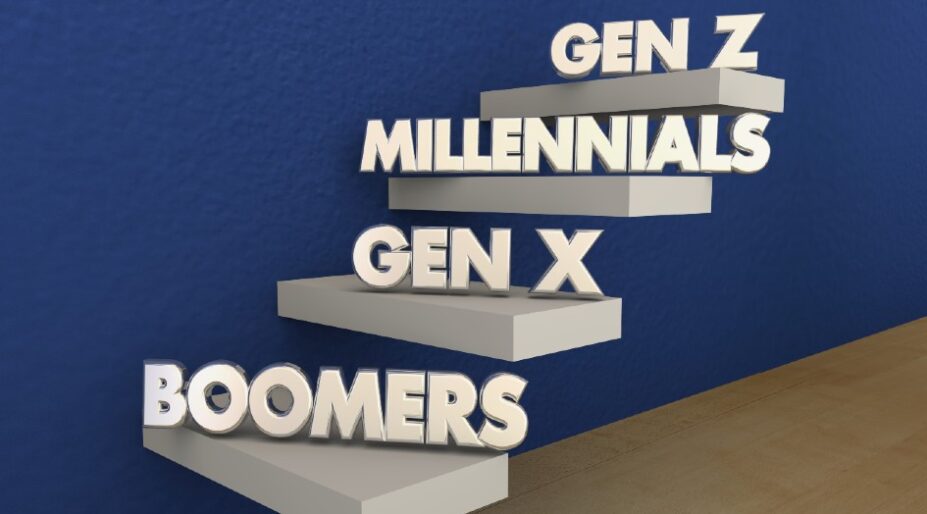New research underscores the risks of relying on generational stereotypes in the workplace. The report, Making Sense of Generations in the Workplace, from global HR advisory firm McLean & Company, advises that leaders should consider employees’ diverse identities when making organizational decisions rather than only looking at them through a generational lens.
Doing so risks overseeing crucial aspects of employee identities, creates unintentional biases, and jeopardizes a company’s success. As companies rethink people management in a new era of work, more focus has been placed on generations and the differences between them in recent years, the study argues.
“The discussion about generations is inescapable and exists through several lenses, including social, economic, political, and organizational,” says Janet Clarey, principal director of HR Research and Advisory Services at McLean & Company. “No aspect of generational differences exists in a vacuum. Rather, each reinforces the others, causing the phenomenon of generational stereotypes to intensify.
“For example, the recent social interest in generations has led to business consultants pushing the concept to sell their services. This push inflates interest in generations, which in turn can risk adopting a one-dimensional approach to people management that ignores the critical and varied complexities of employees’ identities.”
To support an holistic approach to people management and make sense of generational stereotypes, the firm has organized its resource into three sections:
Section one: Critical examination of generational differences
The first section presents findings from empirical investigations, reviews of relevant literature, and interviews with leading experts in the field to put forth arguments to challenge the very concept of generations as a valid means by which to categorize and explain people.
Additionally, this section notes that the construct of generations is further complicated by the fact that it cannot be accurately measured in isolation due to the many factors that are so closely intertwined with it. These factors include:
The age effect: Variation associated with aging attributable to life stage, maturity (e.g., career stage, family status), and physical changes (e.g., general health and wellness).
The period effect: Variation associated with societal, historical, or cultural shifts in a specific period, such as widespread technology accessibility.
The cohort effect: Variation associated with groups of individuals based on shared experiences of major events, such as birth year or coming of age around a particular period.
Section two: Psychology and media as catalysts
The second section explains what has contributed to the rapid emergence of generational differences as a social and workplace phenomenon. Psychology and media are examined as two catalysts through which humans have come to rely on generations as a way of organizing and giving meaning to the world.
For example, the human brain seeks to simplify and make sense of complex environments. One of the ways in which this is done is by relying on heuristics, which are mental shortcuts employed to quickly make judgments about surroundings or solve problems without requiring immense cognitive effort. Organizing complex people by generation is an application of heuristics.
Section three: Implications for the workplace
The third section outlines potential risks associated with improper application of generational stereotypes and provides approaches to navigate them in workplace contexts. Despite the limitations, generations are something organizations must reckon with as they continue to be a popular construct.
Organizations should approach the concept of generations with sensitivity and awareness of the implications generational stereotypes pose and learn to navigate and manage the permeation of generational stereotypes within the organization.





